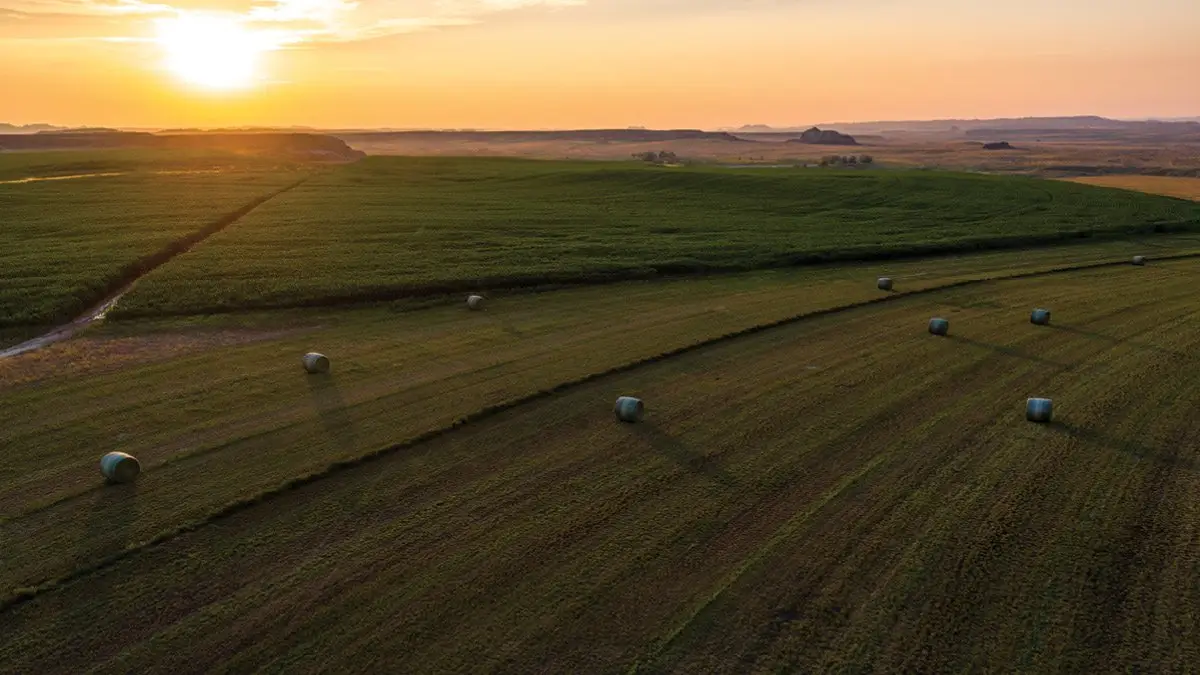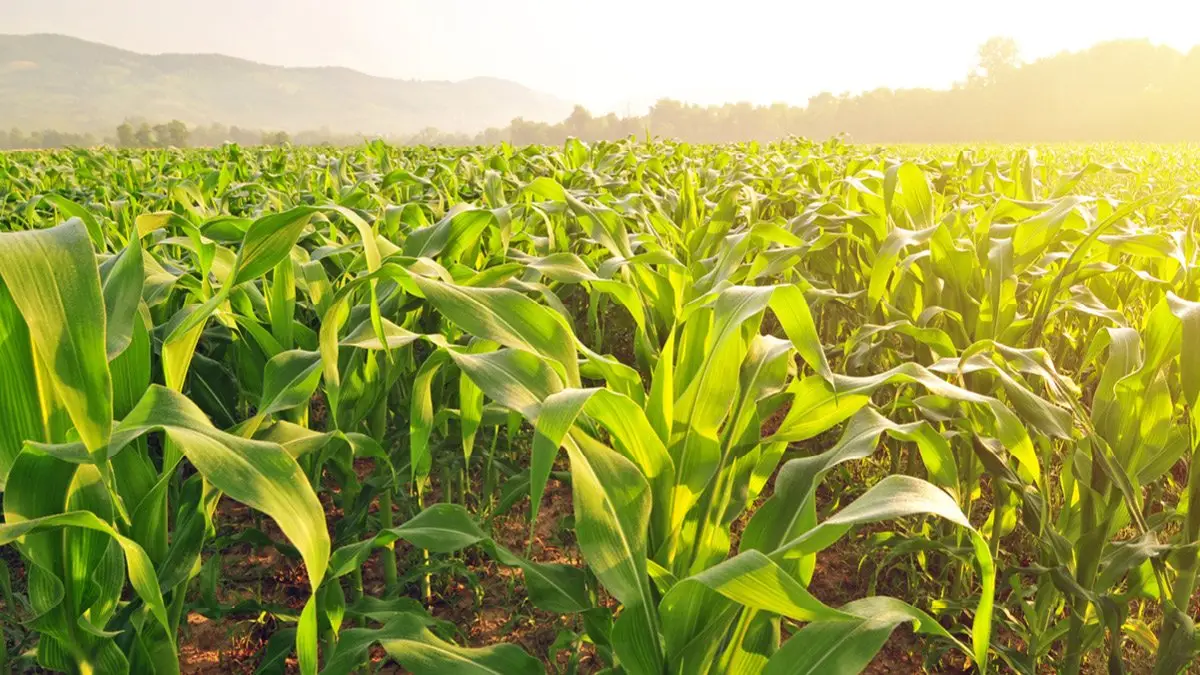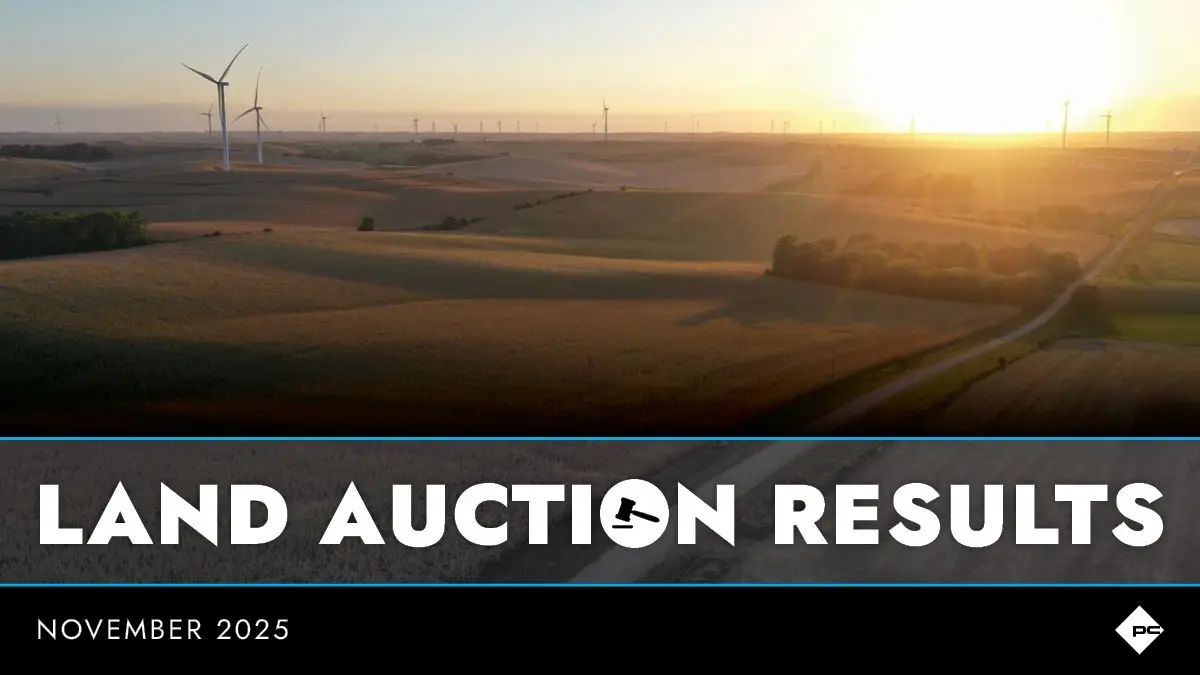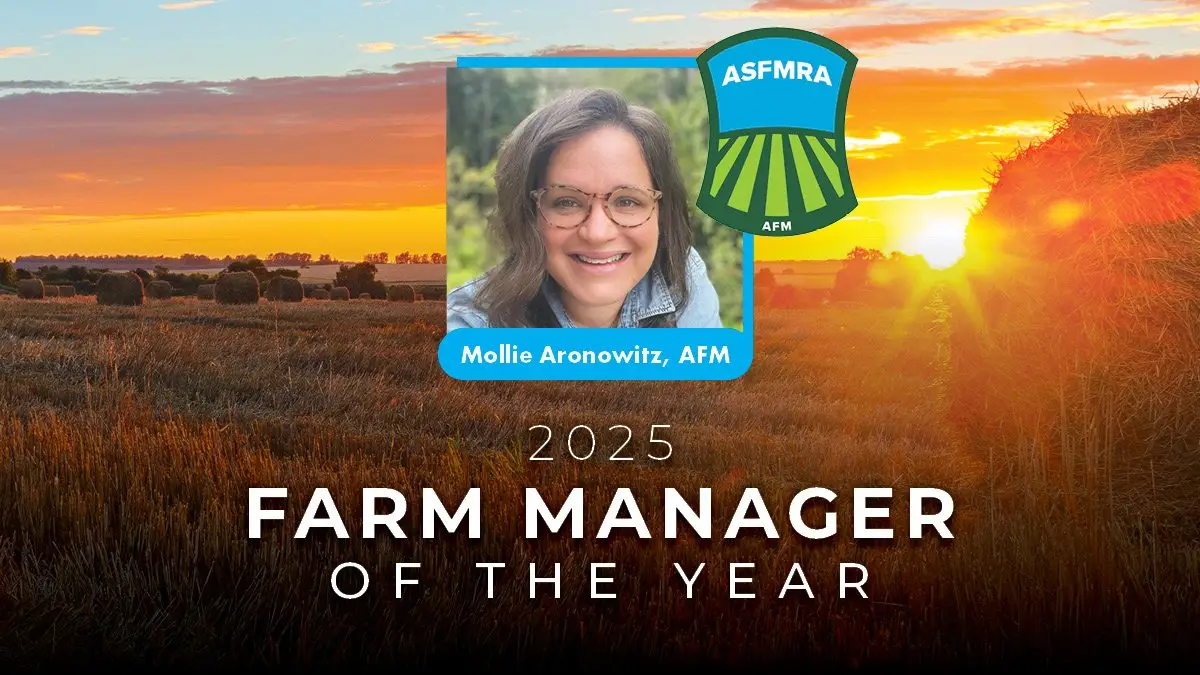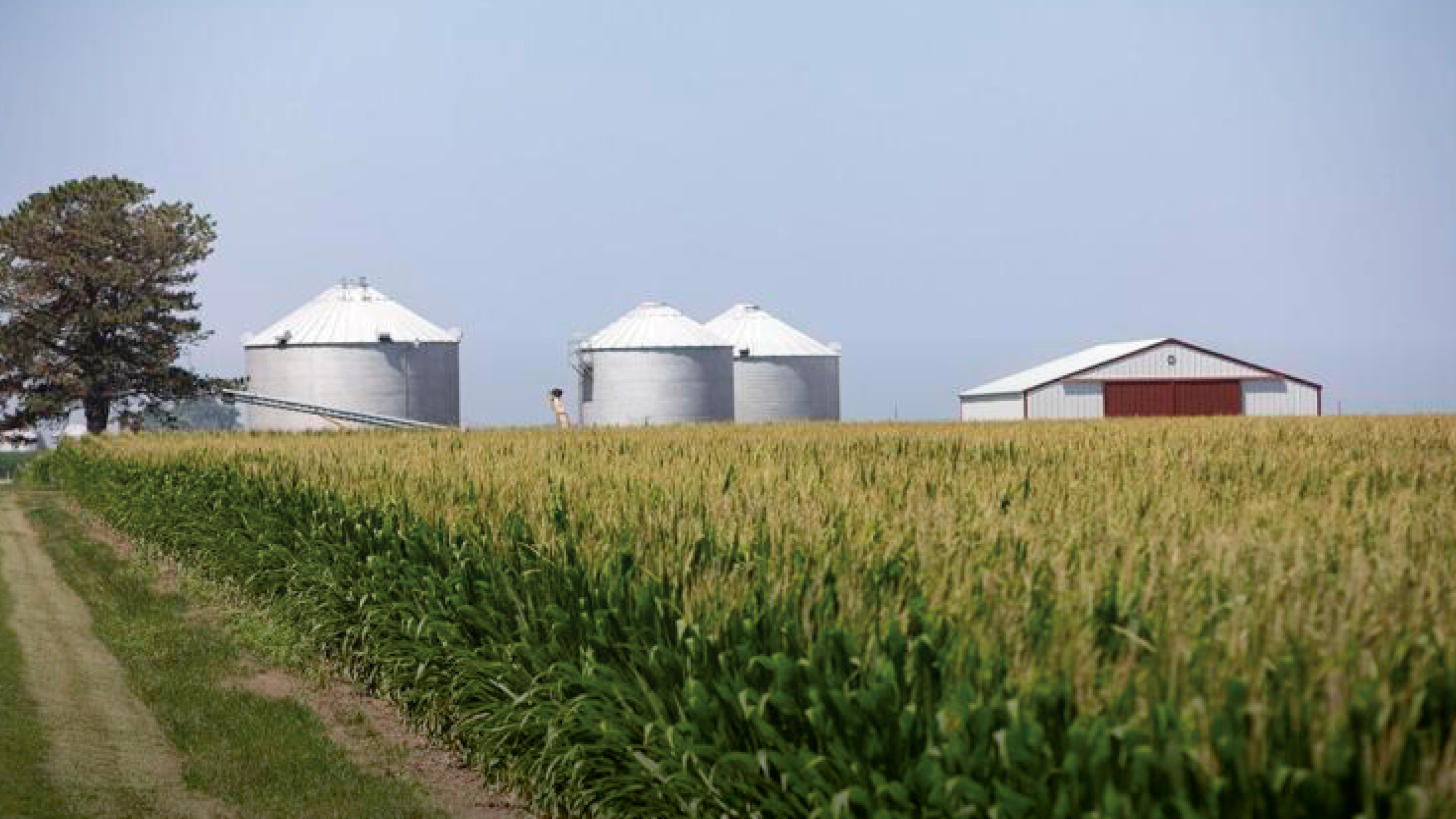
Photo Credit: Illinois Farm Bureau
Peoples Company Further Expands in Missouri by Adding Two Offices
Peoples Company, a full-service land transaction and management business licensed in all major agricultural regions in the U.S., today announced it is expanding further into Missouri by opening two appraisal offices – one in Centralia and one in Wentzville.
Peoples Company’s Missouri operation will be led by Boyd Harris, formerly of Boyd Harris Companies and AgriLand Appraisal Group, and will include a staff of eight on-the-ground professionals, including appraisers and an auctioneer.
“While Peoples Company has been doing business in Missouri for some time, adding known and trusted industry professionals like Boyd Harris and his team will give our clients added resources and deepen our reach into the state,” said Peoples Company president Steve Bruere. “Missouri, as a non-disclosure state, does not provide sale prices on farms to the public. More personnel on the ground, coupled with our industry-leading farm management and brokerage platform, gives Peoples Company and its clients more insight into the state. We are thrilled to be growing further into Missouri.” Read More
Run-Up in Food, Farmland Prices Could Ease
Buyers of everything from food to farmland could see a return to more normal rates of inflation later this year and into 2024.
The Food and Agricultural Policy Research Institute (FAPRI) at the University of Missouri predicted the economic shift recently in its annual U.S. Baseline Outlook report.
“Net farm income is likely to fall back from the record levels of 2022 and consumer food price inflation is also likely to slow in 2023,” said Pat Westhoff, FAPRI director.
Food price increases have slowed in recent months, to 0.4% between January and February, and are projected to rise 4.4% through 2023, according to FAPRI. However, food prices were still up 9.5% in February compared to last year. Read More
Nationwide Farmland Values Expected to Stabilize in 2023
Experts expect farmland values to plateau in 2023 after a run of record-setting sales across the country.
Interest rates that have risen from virtually zero to about 5% in less than a year have created a challenging environment for investing in farmland. Although the hard asset is considered an inflation hedge, the barrier to entry is steep as farmers also face a lower farm income forecast and a projected decline in commodity prices, experts say.
A combination of strong commodity prices, relatively low interest rates for most of 2022, inflation, limited land availability and good water availability pushed land values to levels in 2022 that Randy Dickhut, farmland analyst for Agricultural Economic Insights, describes as “astronomically high.”
The average value of cropland reached a record $5,050 per acre in 2022, a 14.3% increase from 2021, while pasture values increased by 11.5% to an average of $1,650 per acre, also a record, according to the USDA Land Value 2022 Summary. Read More
A Push to Turn Farm Waste Into Fuel
Despite federal and state programs to convert corn into ethanol and soybeans into biodiesel to fuel cars and trucks, the United States has never before regarded farming as a primary energy producer.
That changed when Congress in August passed the climate provisions of the Inflation Reduction Act, which provides $140 billion in tax incentives, loans and grants to replace fossil fuels with cleaner renewable energy that lowers emissions of carbon dioxide.
Along with the wind and the sun, the raw materials needed for a significant portion of that energy come from agriculture — alcohol from fermenting corn, and methane from the billions of gallons of liquid and millions of tons of solid manure produced by big dairy, swine and poultry operations.
Despite pushback from environmental groups concerned about increased pollution from farm waste, developers across the country see opportunities to build ambitious renewable energy projects to convert crops and agricultural wastes to low-carbon energy. Read More
Who Should Own Our Farmland?
A key attribute for next generation farmers is the relationships they hold with future farmland owners. Last week I spoke at a bank farm appreciation dinner, and I showed the audience the map below of the arable land worldwide. The mass of green across the corn belt represents the most productive farmland in the world. This provides American farmers huge opportunity and I think the future of agriculture is bright.
I asked the audience: “Why do farmers farm?” “Why do farmers buy farmland?” Some common responses: “It’s all we know.” “It’s in our blood.” “It’s our livelihood.” “It’s a great way of life.” “It’s what we were born to do.” “It’s a great way to raise a family.”
These are all great reasons, which resonate with many of us who work in agriculture. This supports why farmers purchase the majority of farmland when offered for sale. According to recent surveys conducted by land brokers and ag universities, farmers represent 65% of all farmland purchasers.
I also asked the audience about the other 35% of land buyers: investors, professional athletes, and other non-farmer groups. What are their reasons for buying land? Read More




